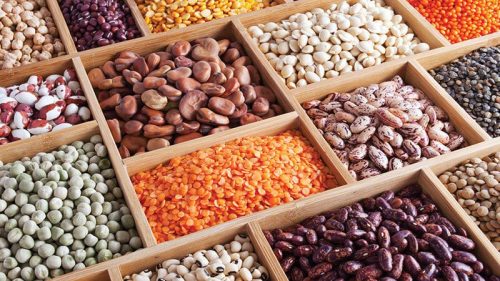News from AAFC’s Market Access Secretariat
Canada and South Korea have reached an arrangement to support market access of organic products. The organic equivalency arrangement entered into effect on November 1, 2023, and will apply to processed organic products whose final processing and handling occurs within South Korea or Canada.
Canadian organic products exported to South Korea under the arrangement must be accompanied by a valid organic certificate issued by a Canadian Food Inspection Agency (CFIA) accredited Certification body and a National Agricultural Products Quality Management Service (NAQS) electronic import certificate.
The organic equivalency arrangement delivers predictable market access for traders and will benefit producers and consumers in Canada and South Korea by providing access to a wider range of high-quality organic food products. In 2022, Canada exported over $6.6 million worth of certified organic products to South Korea. The top organic processed food exports include organic maple syrup, worth $1.2 million.
For additional information, please refer to the following webpage: Overview: Canada-South Korea Organic Equivalence Arrangement – Canadian Food Inspection Agency





